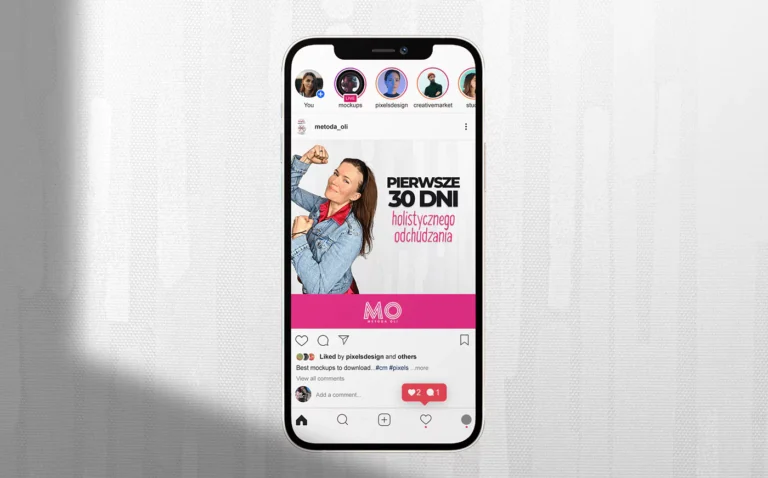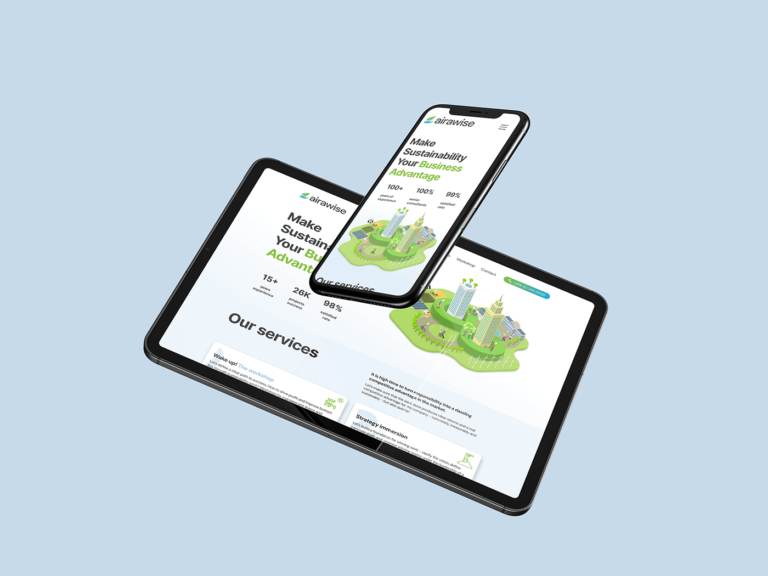Mobile Apps: Revolutionizing Digital Interaction
Mobile apps have become an integral part of our daily lives, transforming the way we communicate, work, shop, and entertain ourselves. With the proliferation of smartphones and tablets, mobile applications have become a crucial component for businesses looking to engage with their customers and streamline their operations.
The Importance of Mobile Apps in Modern Business
- Enhanced Customer Engagement: Mobile apps provide a direct and personalized channel to interact with customers. Through features like push notifications, businesses can engage users with timely updates, promotions, and reminders, increasing customer loyalty and retention.
- Improved Accessibility: Apps allow users to access services and information anytime and anywhere, providing convenience and enhancing user satisfaction. This constant availability can significantly boost customer engagement and usage.
- Brand Visibility and Recognition: Having a mobile app can enhance a brand’s visibility. An app that is frequently used becomes a constant reminder of the brand, leading to increased recognition and customer loyalty.
- Better Customer Service: Mobile apps can offer features such as live chat, easy access to customer support, and user-friendly interfaces that make it easier for customers to resolve issues and get assistance.
- Data Collection and Analysis: Apps provide valuable insights into user behavior, preferences, and feedback. This data can be used to refine marketing strategies, improve products and services, and deliver a more personalized user experience.
Key Features of Successful Mobile Apps
- User-Friendly Interface: The design and functionality of the app should be intuitive and easy to navigate. A clean, attractive interface enhances the user experience and encourages frequent use.
- Performance and Speed: Apps should load quickly and perform efficiently. Users are likely to abandon apps that are slow or frequently crash.
- Security: Ensuring the security of user data is paramount. Features like data encryption, secure authentication, and privacy policies build trust and protect user information.
- Offline Functionality: Providing offline access to certain features can be a significant advantage, allowing users to continue using the app even without an internet connection.
- Regular Updates: Keeping the app updated with new features, improvements, and bug fixes is essential for maintaining user interest and ensuring compatibility with the latest operating systems and devices.
Benefits of Mobile Apps for Businesses
- Increased Sales and Revenue: Mobile apps can facilitate seamless shopping experiences, offering features like mobile payments, personalized recommendations, and easy checkout processes, which can boost sales and revenue.
- Enhanced Marketing and Promotion: Apps offer various marketing opportunities, such as in-app advertising, push notifications, and special promotions, helping businesses to effectively reach and engage their target audience.
- Operational Efficiency: Mobile apps can streamline business operations, from managing customer relations to processing orders and payments. This efficiency can lead to cost savings and improved service delivery.
- Competitive Advantage: In a digital age, having a mobile app can set a business apart from competitors who do not offer the same level of accessibility and convenience to their customers.
Investing in mobile app development is essential for businesses aiming to stay competitive and meet the evolving needs of their customers. With the right strategy and execution, mobile apps can drive engagement, enhance customer satisfaction, and contribute significantly to business growth.


























































